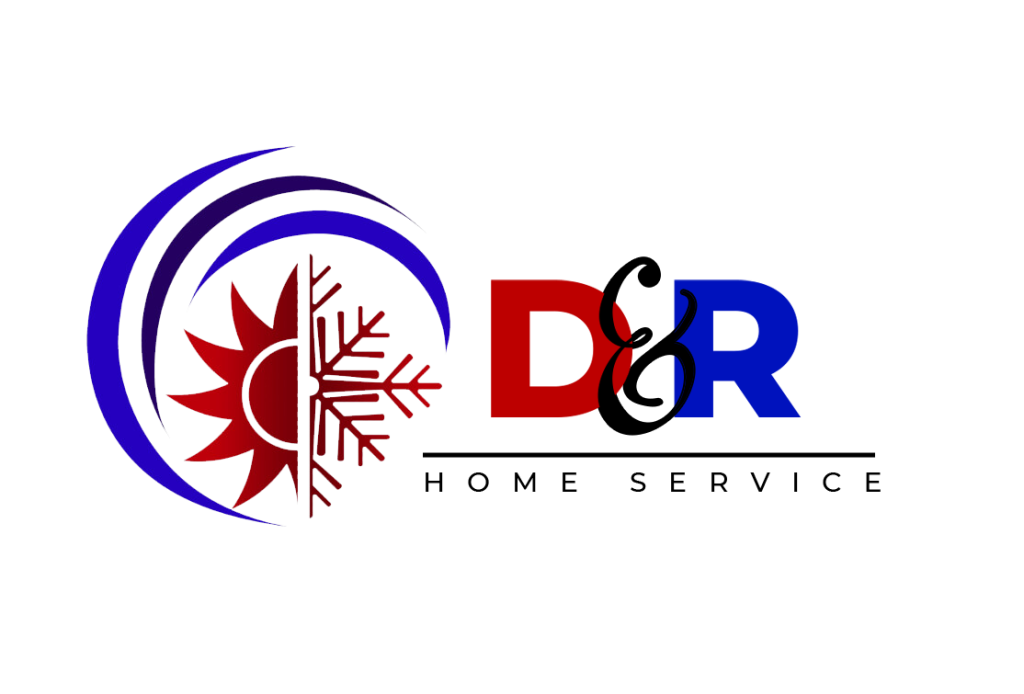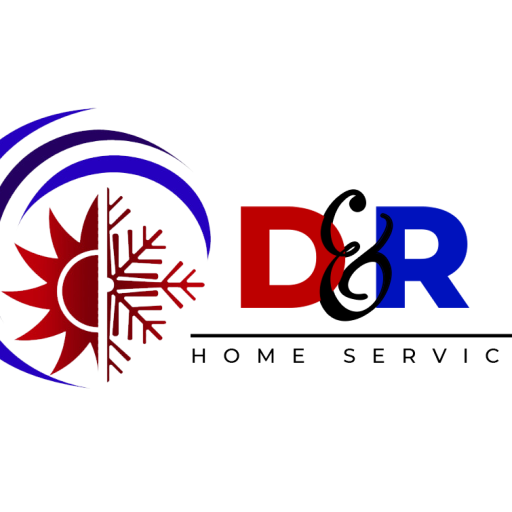You turn on your mini split system expecting quiet comfort, but instead, there’s a strange sound coming from the unit. Sometimes it’s a soft hum, other times it’s a rattle or hiss that keeps getting louder. Many people ignore it, hoping it will go away on its own. That’s usually the first mistake. When a ductless mini split starts making unusual noises, it’s often a sign that something inside needs attention. Understanding those sounds early can save money, energy, and bigger repairs later.
Let’s look at what those noises mean and how you can fix them before they become serious.
Why Mini Splits Make Noise
Every mini split system works through a few main parts: the compressor, the fan, and the refrigerant lines that keep air moving and temperature steady. Under normal conditions, these parts run quietly.
Over time, though, small things like dust buildup, loose panels, or vibration can start creating new sounds. Each type of noise tells you something about what’s going on inside the unit, so paying attention early can help you stop problems before they grow.
Rattling or Vibrating Sounds
Rattling usually means something inside your mini split system has come loose. It might be a screw, a plastic panel, or even the wall bracket behind the indoor unit shifting slightly.
If the noise is coming from the outdoor unit, there’s a good chance small objects like twigs or stones are hitting the fan while it spins.
Fix it early: Turn off the system and clear any visible debris around the fan. You can also check if any panels are loose and tighten them carefully. If the rattling doesn’t stop, have a technician inspect the fan alignment and mounting brackets to prevent further wear.
Hissing or Bubbling Sounds
Hissing often happens as refrigerant flows through the coils, and hearing it for a few seconds is completely normal. When the sound doesn’t stop or turns into a steady hiss, it usually means there’s a refrigerant leak somewhere in the system.
Leaks can reduce cooling power and eventually strain or damage the compressor if left unattended.
What to do: Reach out to a licensed HVAC technician to check the system’s pressure and seal any leaks. Fixing it early keeps the unit running smoothly and helps avoid costly repairs later.
Clicking or Tapping Sounds
It is normal to hear a few clicks when your mini split system starts or shuts down. That is just the electrical relays switching on and off. When the clicking continues while the unit is running, it usually means something inside the electrical system isn’t working the way it should. The problem could be with the relay, wiring, or control board.
Next step: Turn off the system and call a qualified technician to inspect it. Handling electrical parts without proper training can be risky and may cause further damage.
Gurgling or Water-Like Sounds
Sometimes you might hear a soft gurgling sound from your mini split system. That usually happens when air or water gets trapped inside the drain line. Once the pipe starts clogging, condensation has nowhere to go and begins to build up, creating that bubbling or water-like noise.
Simple check: Take a quick look near the indoor unit. If you notice dripping water or moisture around it, the drain line probably needs cleaning. A technician can flush the pipe and clear the blockage in just a few minutes.
Squealing or Whining Sounds
High-pitched squealing usually means the fan motor is working too hard or the bearings are starting to wear down. When this happens, the motor creates friction that makes that sharp, whining sound.
If it’s ignored for too long, the motor can overheat and cause damage to other parts of the unit.
Best fix: Turn off the system right away and schedule a quick service visit. A technician can lubricate or replace the part before it becomes a costly repair.
What Causes These Noises Over Time
Even in 2026, with newer inverter models, mini splits still collect dust and vibration.
Common causes include:
- Loose screws or covers
- Dust on fan blades or coils
- Clogged air filters
- Changes in refrigerant pressure
- Lack of annual cleaning and maintenance
Regular care keeps your system quiet and efficient all year.
How Professionals Diagnose the Problem
Technicians follow a clear checklist:
| Component | What They Inspect |
| Fan blades | Balance, dust buildup, and damage |
| Compressor | Pressure levels and vibration |
| Drain line | Water flow and blockages |
| Wiring | Loose or burnt connectors |
| Mounting bracket | Alignment and support strength |
They listen first, then isolate the sound. Most noise issues are fixed in one visit without replacing the whole unit.
Cost of Fixing Mini Split Noises in 2026
| Problem | Average Cost |
| Tightening or debris removal | $100 – $200 |
| Drain cleaning | $150 – $250 |
| Fan motor repair | $300 – $600 |
| Refrigerant leak repair | $500 – $900 |
| Circuit board service | $700 – $1,000 |
Repairing early keeps costs low and extends the unit’s life by several years.
When to Call a Technician
Homeowners can clean filters and remove outdoor debris, but anything involving refrigerant or wiring needs a licensed expert.
If the sound happens often or grows louder, don’t wait. Early service prevents complete system failure and keeps energy use steady.
Keeping Your Mini Split Quiet
Unusual sounds are warning signs, not background noise.
Cleaning filters monthly, clearing space around the outdoor unit, and scheduling one professional tune-up each year can prevent almost every issue listed above.
Besides all this, paying attention to small changes helps you catch problems before they turn expensive. Quiet air means a healthy mini split and lower energy bills.
FAQs
Loose screws, wall brackets, or outdoor debris are the most common causes.
Short hissing is normal, but constant hissing means a refrigerant leak that needs repair.
Occasional gurgling is fine, but steady bubbling suggests a clogged drain or trapped air.
Cleaning filters is safe, but wiring and refrigerant work should always be done by a licensed technician.
Minor fixes start around $100; larger issues like refrigerant leaks can reach $900 or more.


